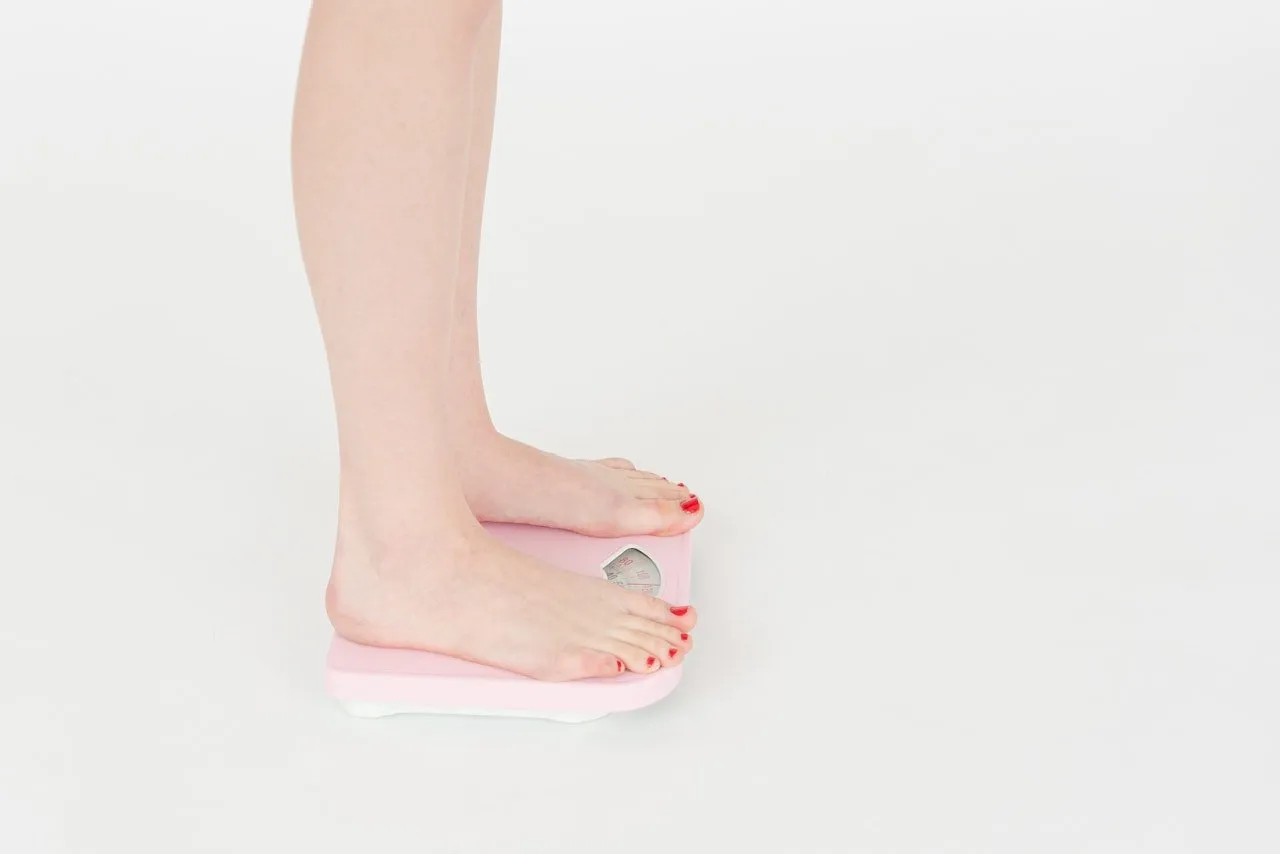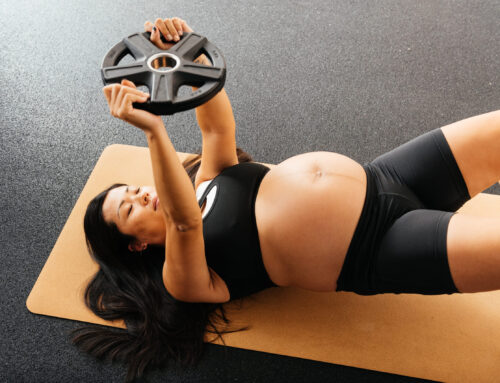If you are struggling to lose weight, it may be time to look at your hormones.
It’s that time of year again – New Year’s resolutions abound and you have set a weight loss goal for yourself after all the holiday indulgence. But it is rarely just about diet and exercise. For women, weight loss has as much or more to do with hormones and hormone balance than what you put on your plate.
If you are struggling to lose weight, it may be time to look at your hormones.
The main players in female hormone dysfunction are cortisol, insulin, estrogen, and progesterone. We need to look at the balance of hormones in our system. As one hormone gets over- or under-produced, it affects the production and impact of all the others. Imagine a seesaw: cortisol and insulin on one seesaw, progesterone and estrogen on the other. In each pair, not only does an increase in one decrease the other, but changes in any of them affect the great hormone web, and when the seesaw shifts, it tugs on the rest of the web. In this article, we are going to primarily look at the balance of cortisol and insulin as it relates to weight loss.
Cortisol Balance
Cortisol is an adrenal hormone and it regulates daily physiological functions and sustains organisms through periods of stress. Cortisol is the main player we look at if you are struggling to lose weight.
- What Cortisol does when it is in balance in the body:
- Promotes burning of body fat
- Maintains mood and emotional stability
- Directs ovarian hormones
- Counters inflammation and allergies
- Maintains resistance to stress
Insulin and how it works
After you eat, your blood sugar (glucose) rises. This rise in glucose triggers your pancreas to release insulin into the blood stream. Insulin travels through the blood to your body’s cells. It has the key to open the cells and let the glucose in. Once inside, the cells convert glucose into energy or store it to use later.
How stress makes women gain weight
If your stress is constantly high, then your cortisol hormone is elevated which inhibits production of insulin, leaving glucose in the blood stream causing you to put on weight. When cortisol is going all the time, then we do not have enough raw materials to make any of our estrogen or progesterone and it puts everything off balance.
In the context of stress, cortisol needs to balance with insulin. If you are constantly on the run, overextended and stressed out, your body will crave glucose for fast energy. When your body is healthy and balanced the body can make glucose from fat and protein and good carbs (plant based), but if you need glucose NOW your body will crave chocolates, pastries, baked goods, Frappuccino – straight sugar. Eating these foods will cause you to be on the blood sugar roller coaster. Insulin comes in hot and heavy to move the sugar out of the bloodstream into the cells. Then the blood sugar plummets into the depths of hell and the cycle starts again.
Sometimes our cortisol imbalance is triggered by the stress of a new diet or exercise routine. If you drastically cut your calories, your body will think you are starving and hold onto every calorie it can. Also, if you have a new workout that requires you to get up at 5am, but you aren’t going to bed until 11pm, then you are not getting enough sleep, and that lack of sleep causes stress and messes with your cortisol and insulin production.
Fast, intense, huge life shifting programs are not sustainable for long term results and may leave you feeling super frustrated in the short term because you are doing all these things and not losing the weight. But stressing your body out will most assuredly trigger hormone imbalance that will make it hard to lose weight and may even cause weight gain.
What to do to get your hormones back in balance
Hormones regulate the body making it feel good or bad. When you understand your hormones, you have power to change the outcome. This means you have the know-how to regulate your energy, weight gain, weight loss resistance, anxiety, sleep or insomnia, migraines, mood, and cravings.
Here are the top seven things you can do to get your hormones back in balance:
- Incorporate a balance of fat, fiber, protein with every meal/snack
- Hydrate with water
- Detox: break down and clear out the excess toxins: eat well, poop, and sleep
- Elimination diet – take certain things out of your diet and keep track of how you feel
- Appropriate exercise – time, intensity and frequency for your level of physicality
- Relaxation and repair – rest mentally and physically
- Sleep 7-8 hours a night, every night!!!
If you want to learn more about hormones and how they affect weight loss, schedule a consultation for functional medicine health coaching. Or you can email Danielle at danielle@battlebornhealth.com with the subject line “STRONGER” to learn more about our 16-week Fueled to Thrive program starting on February 21st.





